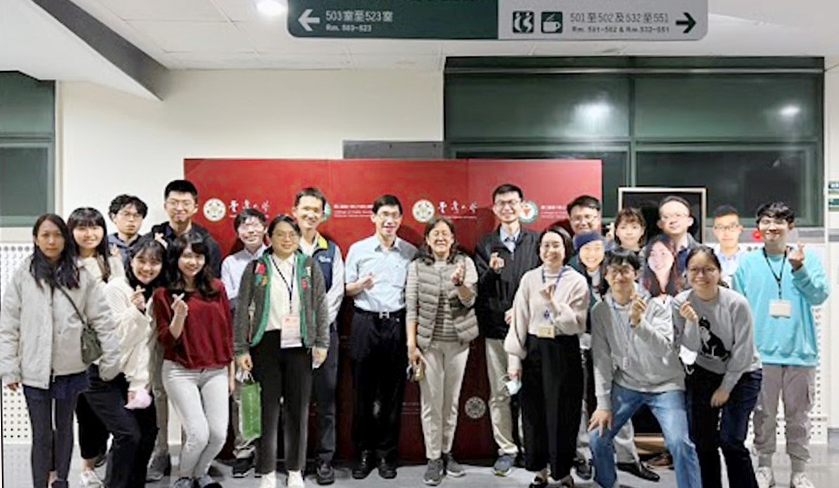Dementia has been identified as a public health priority by the World Health Organization. Prof. Yen-Ching Chen of the College of Public Health at NTU collaborated with three hospitals in conducting a case-control study “Dementia and Aging Research Group of Taiwan (DART)” from 2007-2011. Her research team found that long-term (13 years) low-level [below Environmental Protection Agency (EPA) standard] exposure to PM10 and O3 was associated with a 2 and 4-fold increased risk of Alzheimer’s disease and vascular dementia, respectively (Ref. 1). These findings have drawn the attention of over 30 news outlets and the US EPA.
Additionally, Prof. Chen’s research team established a cohort study, “Taiwan Initiatives for Geriatric Epidemiologic Research (TIGER),” in 2011, with biennial follow-ups undertaken ever since. In 2020, they found that long-term (11-23 years) low-level exposure to O3 or NO2 was associated with the impairment of several cognitive domains (Ref. 2). In 2023, for the first time, they explored how the interaction of indoor air quality and ambient air pollutants (PM2.5, PMcoarse, O3, NO2, SO2, CO) affect cognition, proposed multi-pollutant models to reflect the real-life exposure status, and established a new ventilation score for epidemiologic studies for assessing indoor air quality (Ref. 3). A series of important air pollutant research on older adults has facilitated the amendment of air quality standards and drawn attention to indoor air quality. TIGER has joined several consortiums worldwide to undertake international collaboration to reduce the effect of air pollutants on the occurrence of cognitive impairment or dementia.

Fitted covariance model used for Bayesian maximum entropy (BME) estimation in northern Taiwan.

Prof. Yen-Ching Chen of the Institute of Epidemiology and Preventive Medicine, College of Public Health, NTU, and Dr. Jen-Hao Chen of the Department of Geriatric Medicine, NTU Hospital, with their research team.




